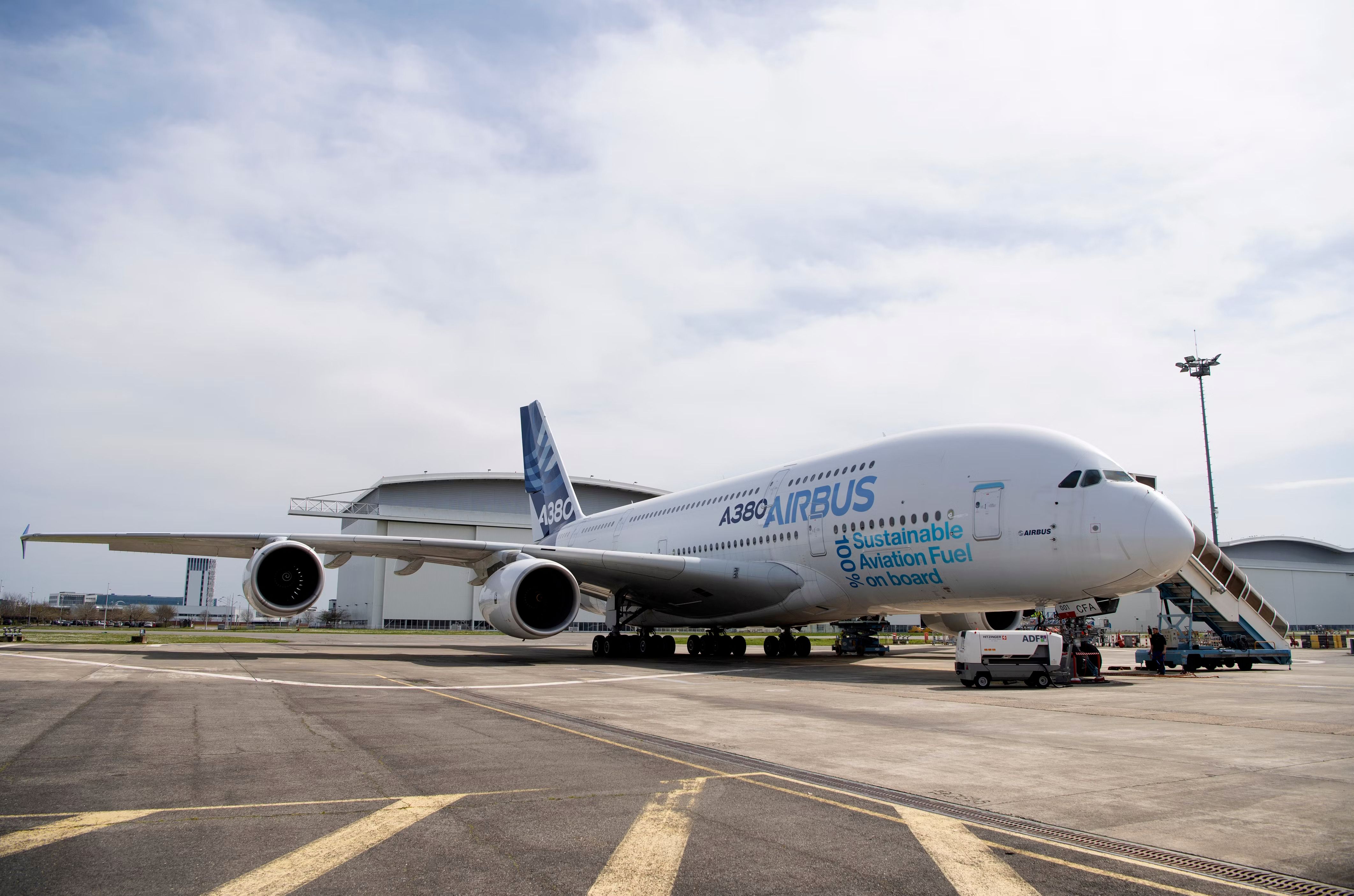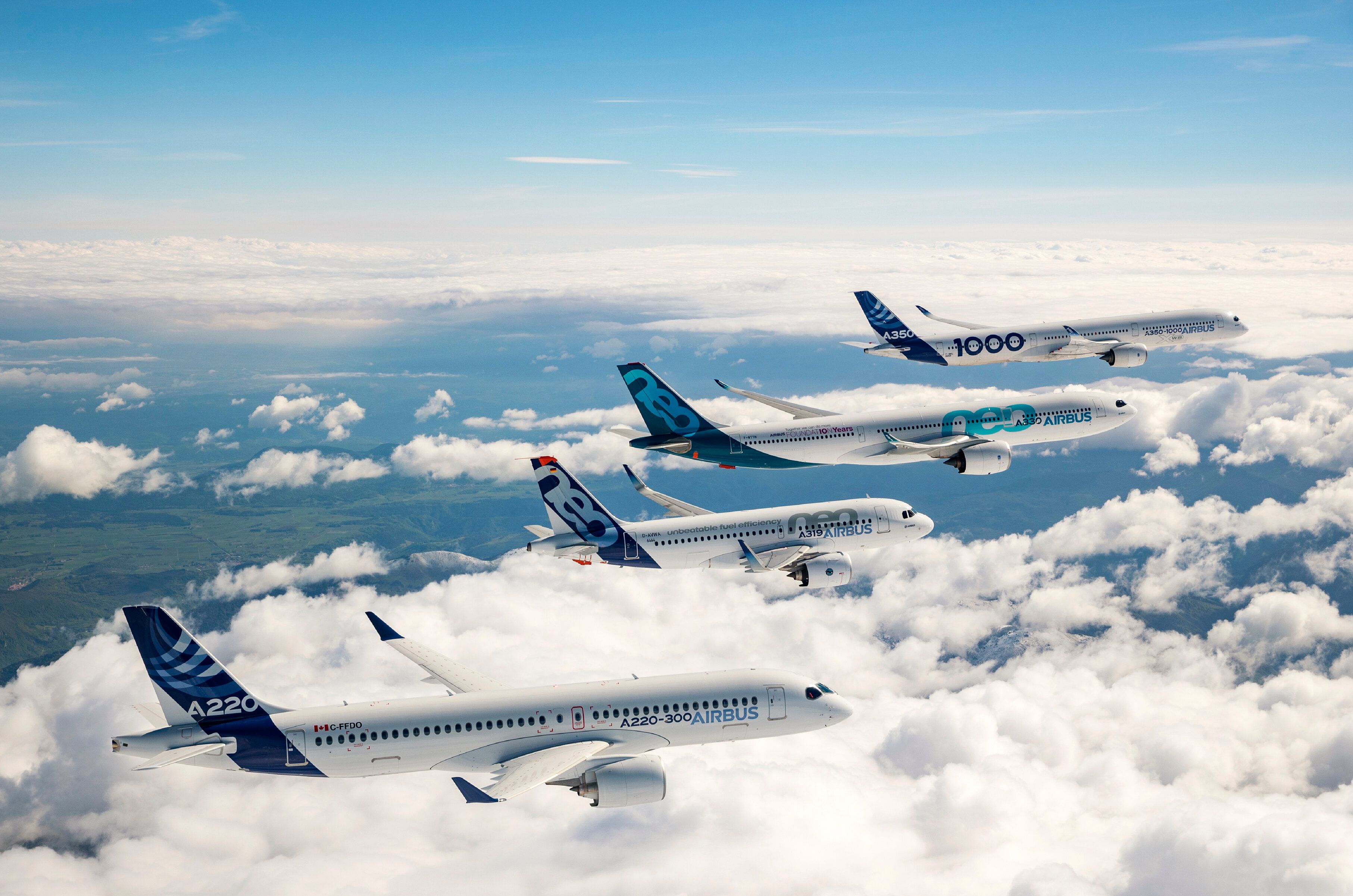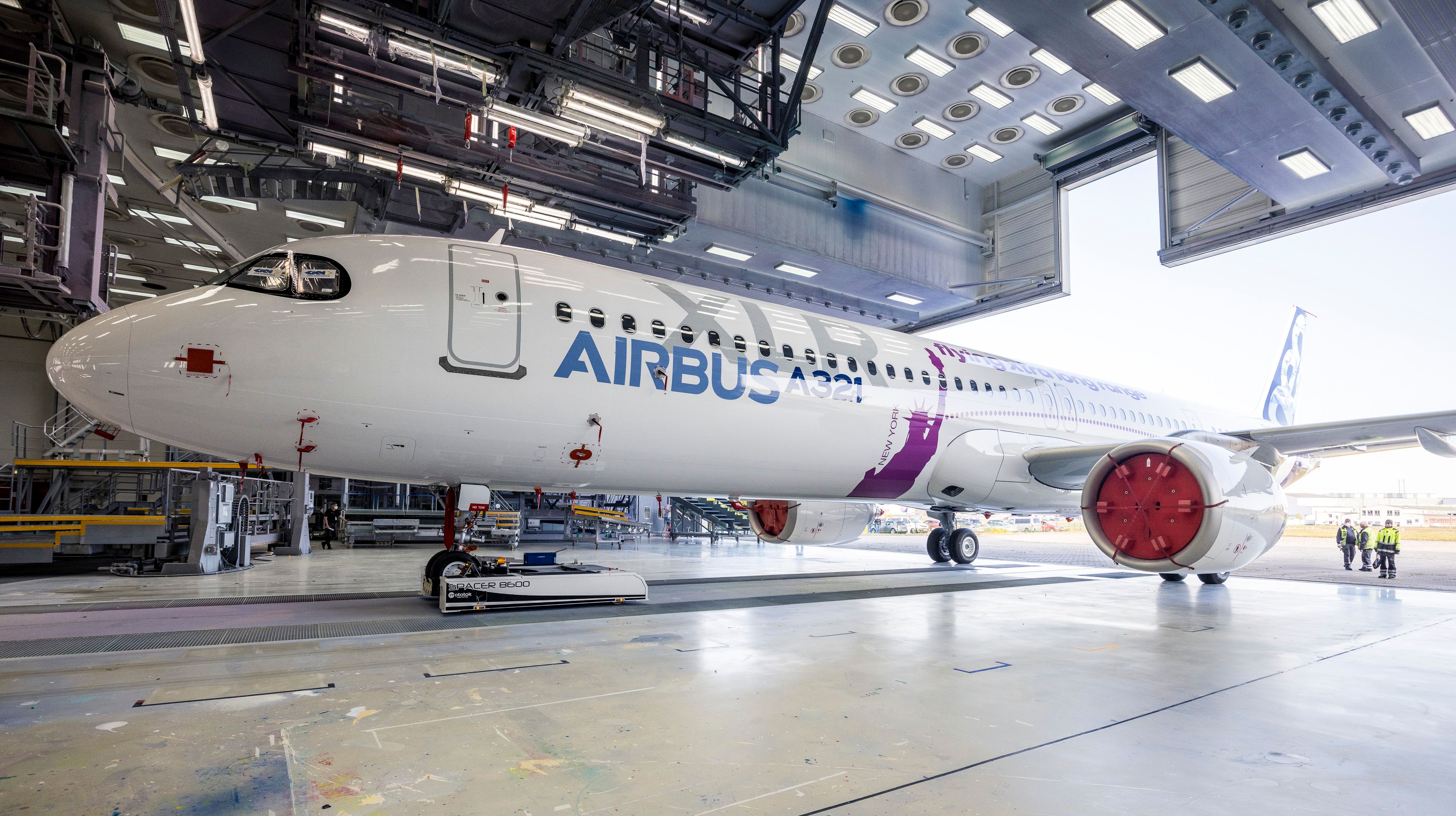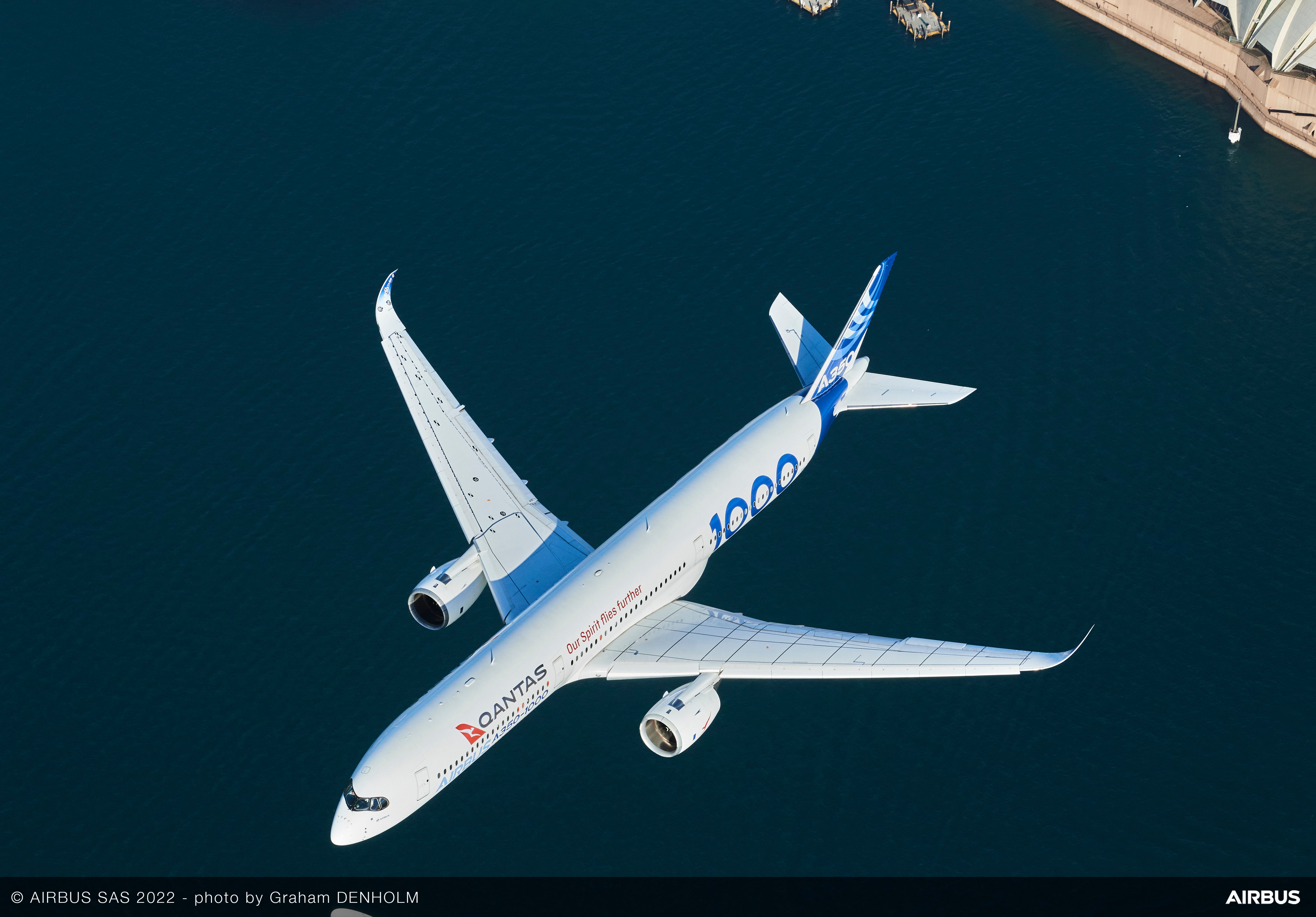Plane manufacturer Airbus signaled plans to build up a sizable cash reserve to prepare for future contingencies as it looks to ramp up production and fulfill backorders. The company was looking to increase its cash reserve to €10 billion ($10.6 billion) to hedge against future crises and supply chain issues after seeing significant losses at the beginning of the COVID-19 pandemic.
The fund will also be used for research and development programs as Airbus enters the final stages of completing its A321XLR rollout and act as an insurance policy to future-proof the company should rival Boeing introduce a new jet program:
A strong rebound for Airbus.
Airbus had recovered significantly since the height of the COVID-19 pandemic when it took significant losses. In 2020, the company reported a loss of $1.365 billion, with its cash value falling to €4.3 billion ($5.2 billion), down 66% from the €12.534 billion ($15 billion) reported in 2019 as airlines canceled and deferred orders to cut costs.
Recently released results showing performance for the first quarter of 2022 reveal a much different picture. Airbus reported total revenue of €12 billion ($12.7 billion) and deliveries of 140 aircraft.
So far this year, Airbus has shipped 16 Airbus A350 aircraft and currently has a backlog of 440. The carrier also announced a partnership with Qantas to produce the A350-1000 for the Australian carrier's Project Sunrise. The long-anticipated project will link Australia to London and New York with nonstop flights.
The resurgence is mainly due, however the A320 family and the resumption of travel worldwide. There has been such high demand for the A321 jets in particular that the manufacturer has no delivery slots available for the next five years. The latest version of the family, the long-range Airbus A321XLR, is now due to enter service in 2024.
A renewed focus on increasing the production of current models.
The company is looking to both ramp up production of the current model family and increase research and development capabilities for future generations. Airbus’s most significant challenge at the moment remains its ability to ramp up production on the A320 family of aircraft to its stated target of 75 planes a month, up from around 50 at present.
The narrowbody aircraft is a staple of short-haul fleets worldwide and goes head to head with the Boeing 737 family for market share. Chief Financial Officer at Airbus, Dominik Asam, expressed his faith in the future of the aircraft to the Financial Times:
“We think currently there is quite a challenging environment for new programmes on the single-aisle side” as both the A320 family and Boeing’s 737 range of jets were already equipped with “super efficient engines”.
“We don’t see any major quantum leap in energy efficiency on the engine this decade.”
Several significant external risks remain for the manufacturer, which such a cash reserve may buffer. Most notably, current lockdowns in China, the cost of inflation in the supply chain, and current Russian sanctions.
The manufacturer recently urged European leaders to exempt titanium from ongoing Russian sanctions while it seeks to find long-term alternative sources. Russia is the world's largest producer of titanium, a crucial component of aircraft and jet engines. Alloys of the metal account for 14% of the weight of an Airbus A350 XWB's airframe and 15% that of a Boeing 787 Dreamliner.
Source: Financial Times




